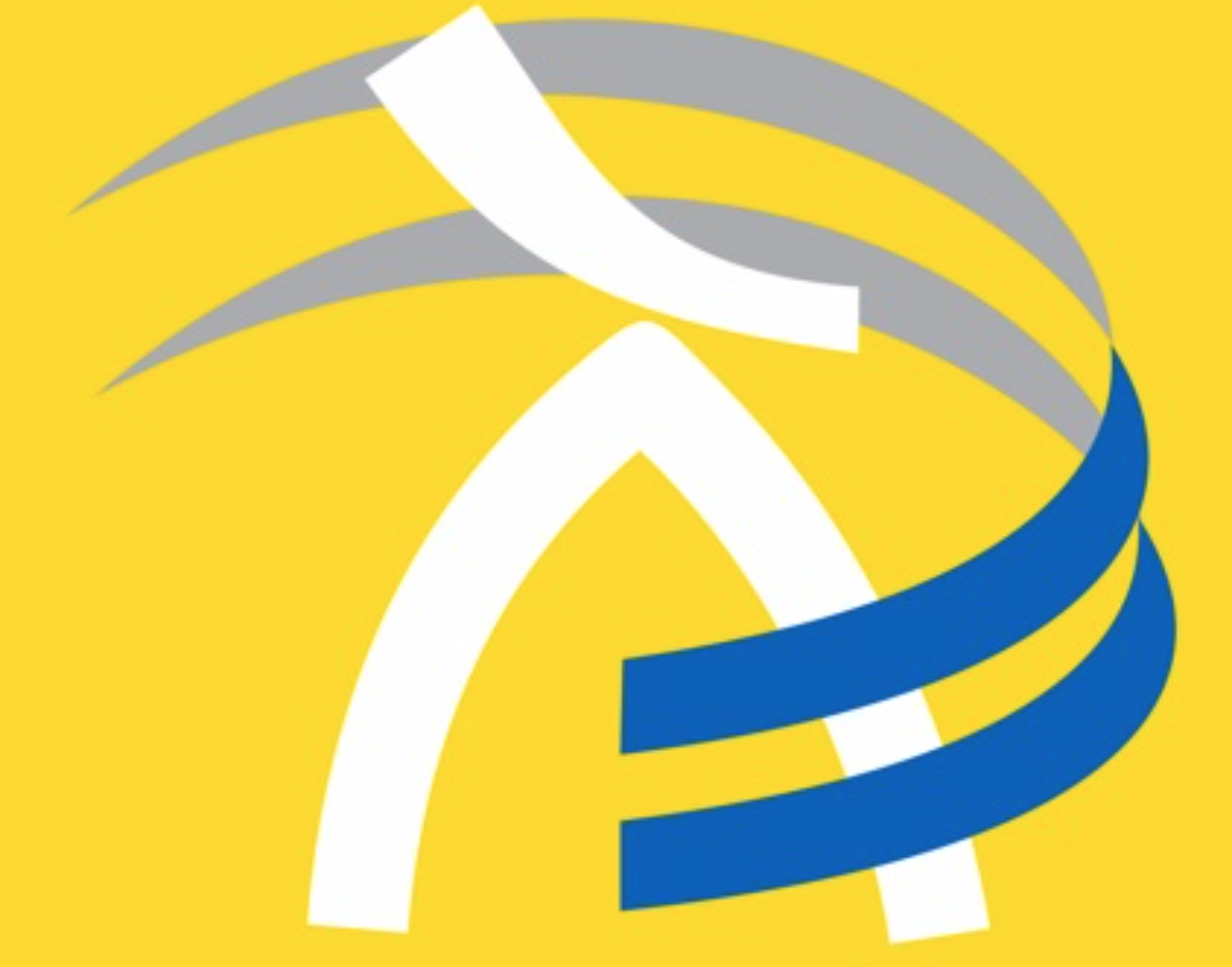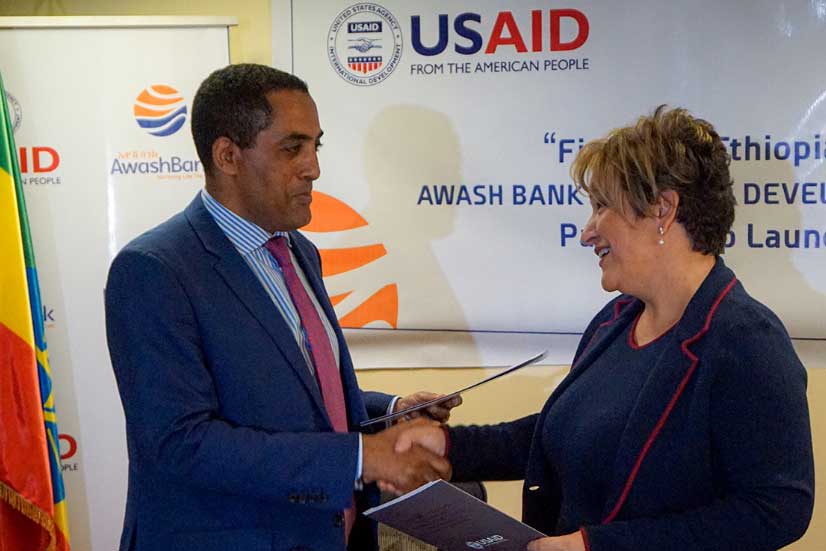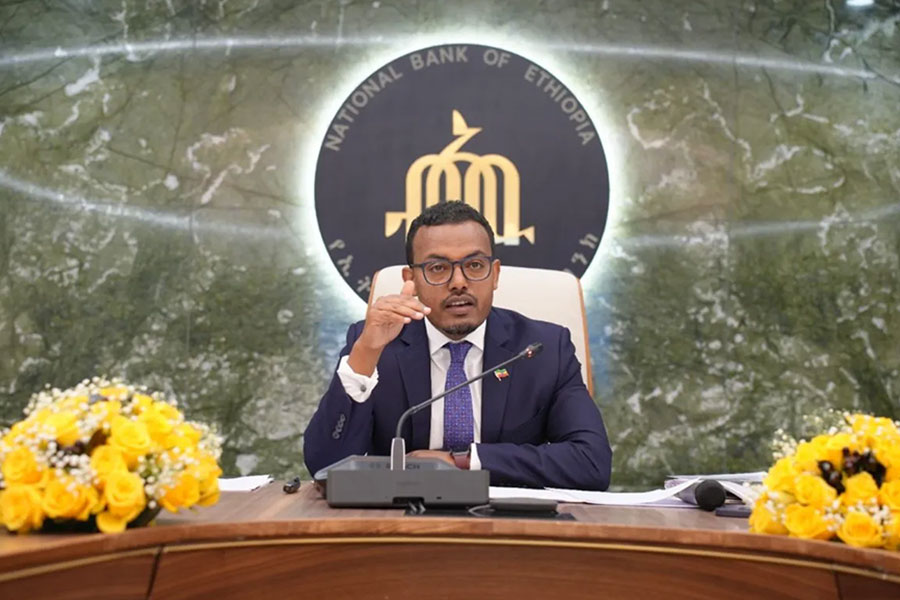
Fortune News | Jan 25,2020
Nov 30 , 2019
By MESAY BERHANU ( FORTUNE STAFF WRITER
)
Awash Bank, the leading private bank, has become the first firm to revise its lending interest rate after the lifting of the mandatory bond purchase from the National Bank of Ethiopia (NBE).
Announced at the end of last week, Awash reduced the lending interest rate by 0.5 to 4.5 percentage points, depending on the priority sectors the bank has identified. The highest reductions are directed toward the export business, the agro-processing industry, manufacturing and tourism, considering their potential in generating foreign currency.
Prior to the latest revision, Awash’s interest rates ranged between nine percent and 17.75pc. This makes it the second time in two years that the bank has updated its lending rates.
Awash, which had paid-up capital of 4.4 billion Br from a total of 4,369 shareholders with a gross profit exceeding 11 billion Br in the past 25 years, increased its lending rates on October 11, 2017, after the central bank bumped up deposit interest rates from five percent to seven percent.
The central bank adjusted the lending rate in an effort to fight inflationary pressure following the devaluation of the Birr by 15pc against a basket of major currencies. The lending rates stood at a maximum of 18.5pc and a minimum of 9.5pc.
The Bank, which has over 400 branches across the country serving more than two million customers, again revised its lending rates downwards on December 1, 2018, almost a year later, to the rates that have been in place until last Thursday when the bank announced its new rates.
The revision was made based on a recent assessment the Bank has just concluded with the intention of addressing the slowdown of businesses in the economy and the escalating inflation rate of products in the domestic market, according to Desalegn Tolera, deputy chief of credit analysis and portfolio management at the Bank.
The inflation rate in Ethiopia reached a five-year high of 18.6pc in October, with non-food inflation showing a higher growth rate.
"The inflation is a supply problem, not just a monetary issue," he said, adding that the Bank’s potential loss in revenue following the revision is expected to be compensated by the inflow of new customers attracted by the reduced rates.
Since the introduction of the mandatory NBE bond in 2011, which stipulates that private banks buy the equivalent of 27pc of their gross loans and advances, Awash has purchased 17.1 billion Br worth of bonds. Out of this, 7.4 billion Br was purchased at a three percent interest rate, while five billion Birr has already been paid back to the Bank.
“Since the outstanding bond of the banks will take a long time to be paid back, it may not exacerbate inflation in the short term,” says Desalegn. “As for the DBE, other co-financing arrangements can be made in the future to re-direct funding toward high-risk development projects deemed crucial by the government.”
The mandatory bond private banks were required to buy was funneled to the Development Bank of Ethiopia (DBE), the state policy bank, in an effort to ensure that nationally mobilised resources are used to fund priority sectors identified by the government, including manufacturing and agriculture.
But as the policy bank recorded a loss of 1.7 billion Br from its operations by the first three quarters of the 2018/19 fiscal year and 61pc of its loans were classified as either doubtful, substandard or a loss, the NBE’s policy has been questioned. But the lifting of the mandatory bond has also been criticized for its lack of clarity on how the DBE would be able to pay back the loan.
Habib Mohammed, an expert in the banking sector, appreciated the revision made by Awash Bank to reduce the lending interest rates, which may also encourage other banks to revise their lending rates.
The reduction made in the service export sector is appropriate, as it helps bring more foreign currency into the economy and thereby helps reduce the shortage of hard currency available in the banking sector, according to him.
The private banks put in place an early settlement penalty as a tool to reduce liquidity problems in relation to the mandatory bond purchase imposed by the policy bank. Now that the mandatory bond was removed, the business community expects the penalty measure will also be removed as it will no longer be necessary for the private banks’ interest, Habib observed.
PUBLISHED ON
Nov 30,2019 [ VOL
20 , NO
1022]

Fortune News | Jan 25,2020

Radar | Nov 05,2022

Fortune News | Jul 01,2023

Fortune News | May 26,2021

Radar | Dec 14,2019

Fortune News | Oct 30,2021

Fortune News | Apr 22,2022

Radar | Jun 07,2025

Fortune News | Jul 17,2022

Radar | May 16,2020

Dec 22 , 2024 . By TIZITA SHEWAFERAW
Charged with transforming colossal state-owned enterprises into modern and competitiv...

Aug 18 , 2024 . By AKSAH ITALO
Although predictable Yonas Zerihun's job in the ride-hailing service is not immune to...

Jul 28 , 2024 . By TIZITA SHEWAFERAW
Unhabitual, perhaps too many, Samuel Gebreyohannes, 38, used to occasionally enjoy a couple of beers at breakfast. However, he recently swit...

Jul 13 , 2024 . By AKSAH ITALO
Investors who rely on tractors, trucks, and field vehicles for commuting, transporting commodities, and f...

Jul 5 , 2025
Six years ago, Ethiopia was the darling of international liberal commentators. A year...

Jun 28 , 2025
Meseret Damtie, the assertive auditor general, has never been shy about naming names...

Jun 21 , 2025
A well-worn adage says, “Budget is not destiny, but it is direction.” Examining t...

Jun 14 , 2025
Yet again, the Horn of Africa is bracing for trouble. A region already frayed by wars...